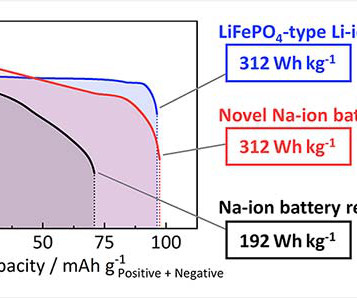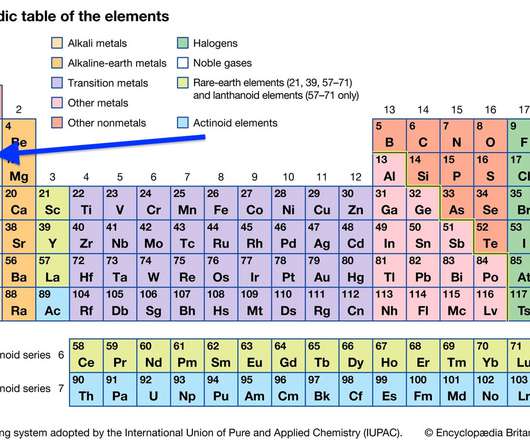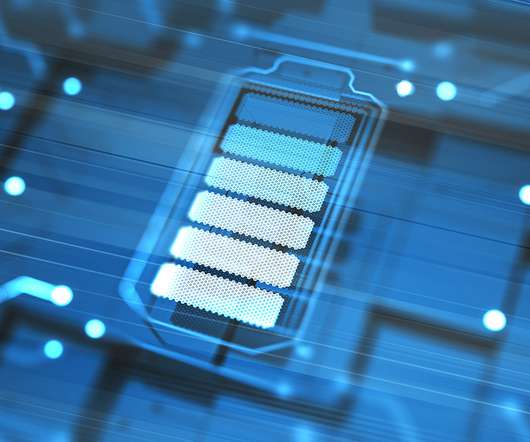Tokyo University Scientists vastly improve capacity of sodium- and potassium-ion batteries
Electric Cars Report
NOVEMBER 19, 2023
Lithium-ion batteries (LIBs) are, by far, the most widely used type of rechargeable batteries, spanning numerous applications. These include consumer electronics, electric vehicles, renewable energy systems, and spacecrafts.























Let's personalize your content